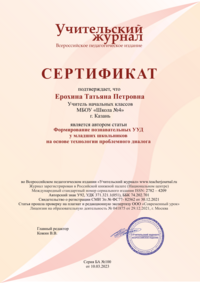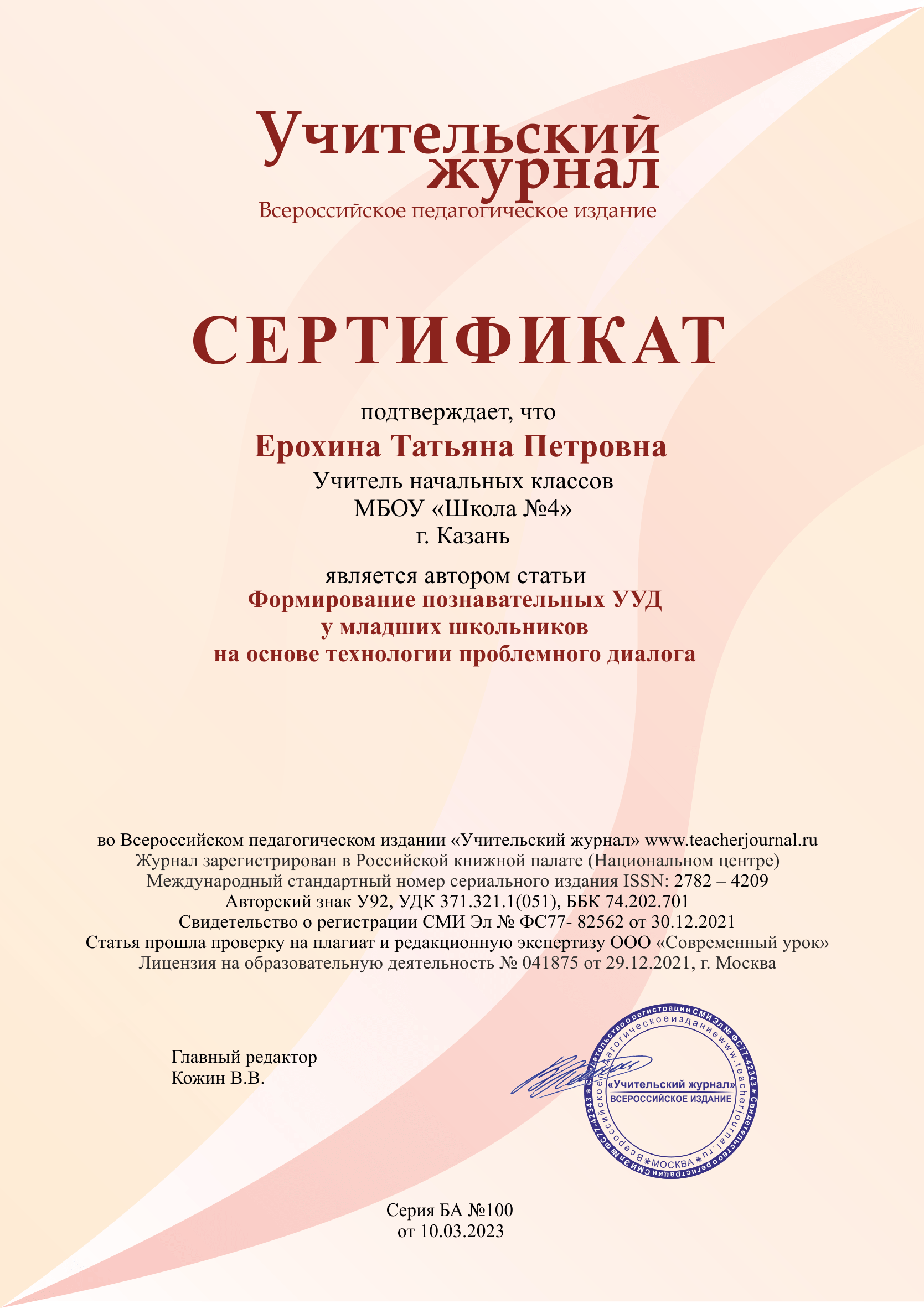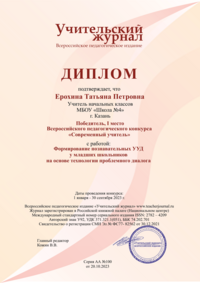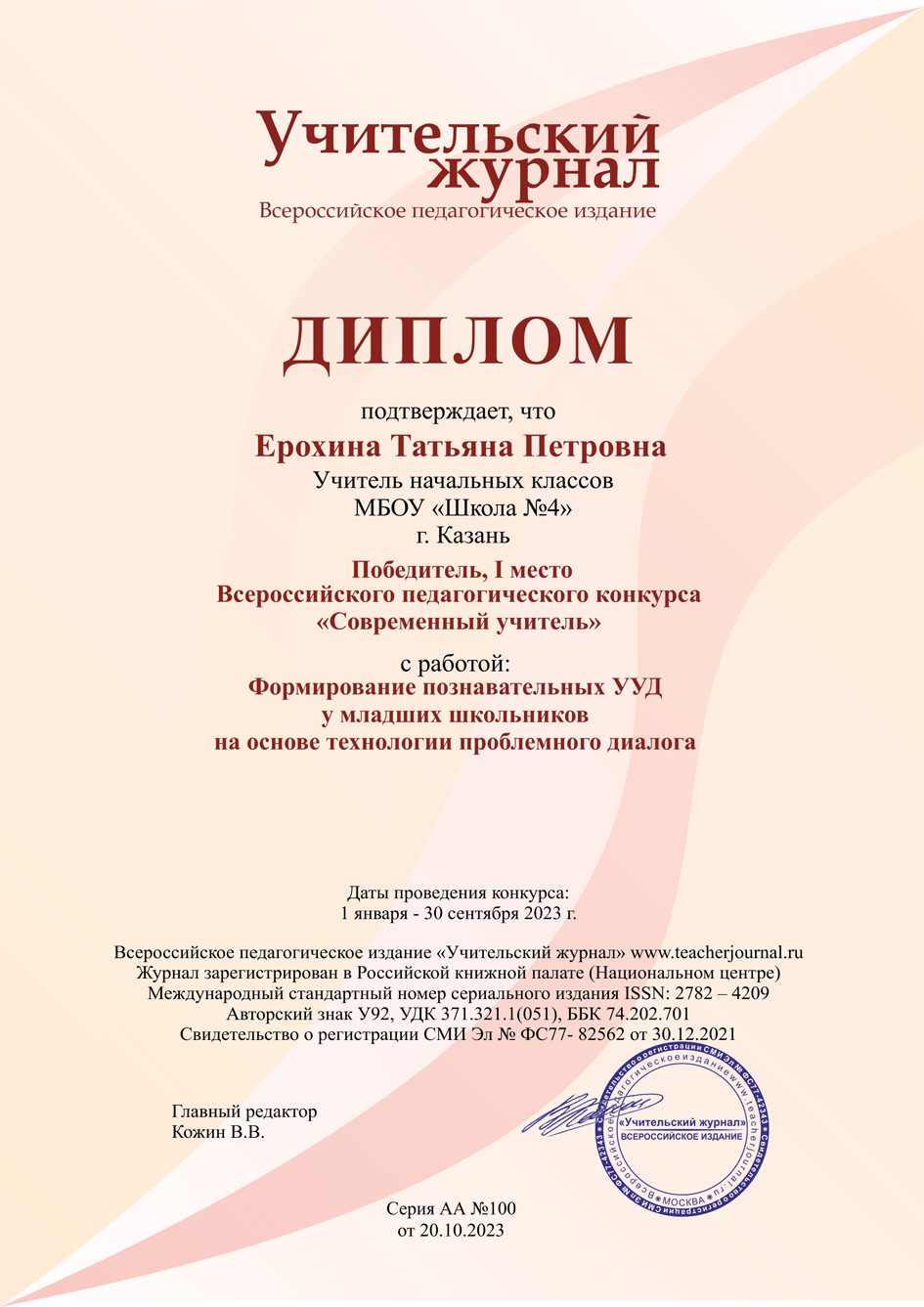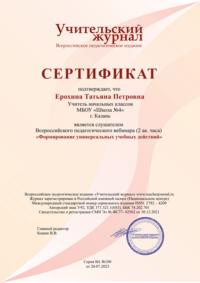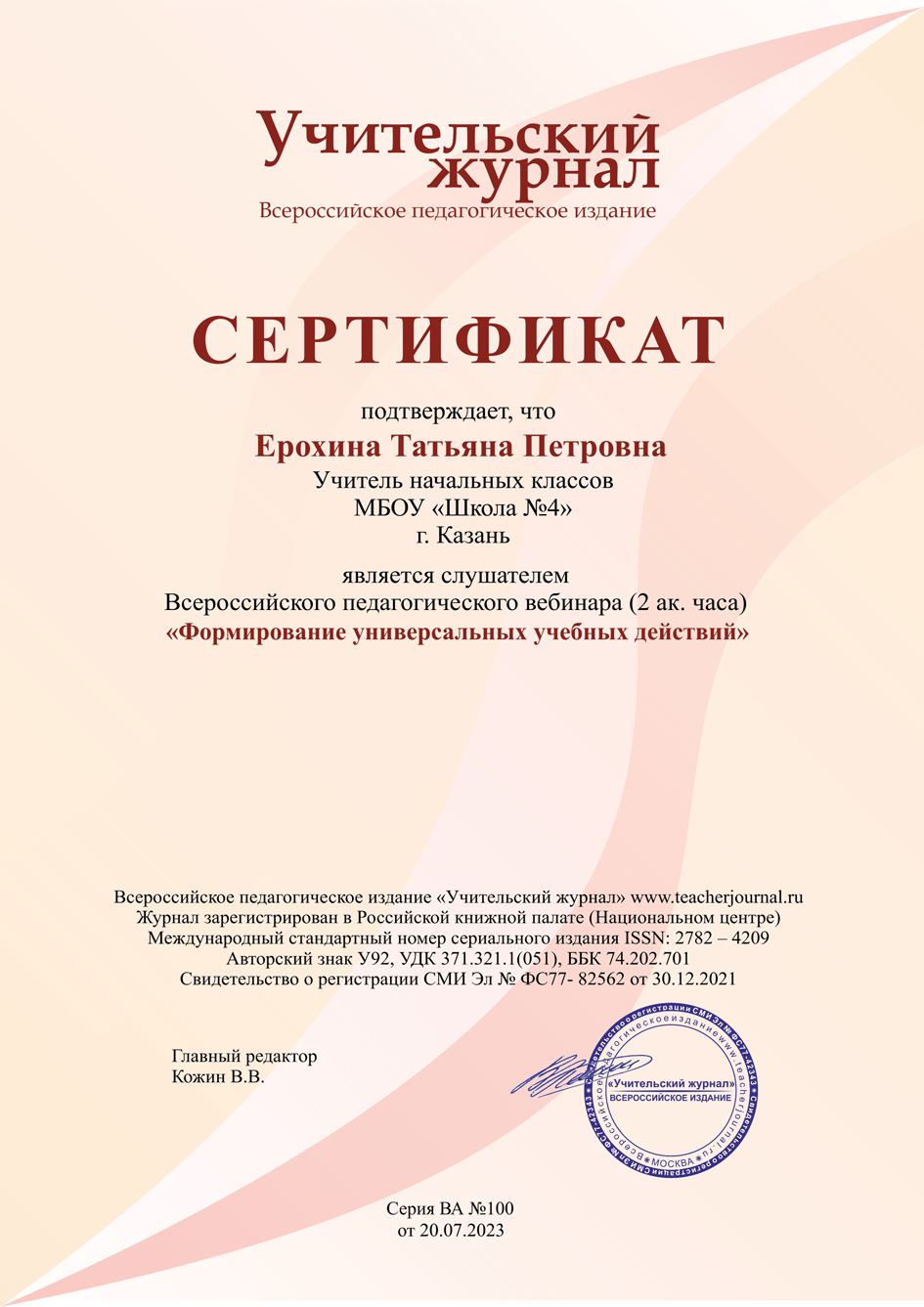Методическая разработка урока английского языка на тему: «Помощники природы. Экологические проблемы» с использованием ИКТ
Автор: Валиева Ленара Исмаиловна
Организация: МБОУ ''Средняя школа 1 им. М. Губанова города Евпатории РК''
Населенный пункт: Республика Крым, г. Евпатория
If you change yourself, you have already
started to change the world.
Тема урока: «Помощники природы. Экологические проблемы».
Theme: “Eco-helpers. Ecological problems ”
Цель урока: формирование коммуникативной компетенции обучающихся.
Задачи урока:
образовательные:
- освоить во всех видах речевой деятельности новые лексические единицы по теме «Помощники природы», активизировать знания по теме «Проблемы экологии»;
- развить умения монологической речи (описаний иллюстраций);
- развить умения прогнозировать содержание текста по заголовку и иллюстрации; развить умения поискового чтения;
- развить навыки восприятия на слух и выборочно понимать с опорой на языковую догадку контекст несложного аутентичного аудиотекста, выделяя необходимую информацию.
развивающие:
- развить память, мышление, внимание;
- развить умение анализировать, сопоставлять, сравнивать;
- развить умение переносить сформированные навыки в новую ситуацию;
- развить познавательные интересы за рамками урока.
воспитательные:
- формировать потребность пользоваться английским языком как средством общения;
- воспитать бережное отношение к природе, экологическую культуру
УУД, формируемые на уроке:
личностные УУД: развивать навыки сотрудничества со сверстниками и учителем в процессе совместной деятельности; формировать представления об английском языке, как о средстве познания окружающего мира; формировать основы гражданской идентичности, чувство сопричастности с родной природой;
регулятивные УУД: планировать свои действия в соответствии с поставленной задачей и условиями её реализации;
коммуникативные УУД: формировать собственное мнение и позицию; развивать способность брать на себя инициативу в организации совместного действия, осознанно строить речевое высказывание в устной и письменной формах в соответствии с коммуникативной задачей;
познавательные УУД: выделять необходимую информацию; осознанно строят речевое высказывание в устной форме; находят ответы на вопросы в аудиотексте и в прочитанном тексте; делают выводы в результате совместной работы класса и учителя; овладевают при поддержке учителя учебно-организационными, учебно-информационными и учебно-коммуникативными умениями.
Межпредметные связи: биология, география.
Используемые технологии, приемы и методы: технология сотрудничества; личностно-ориентированное обучение; развивающее обучение; проблемное обучение; метод «мозгового штурма»; прием «кластер».
Методическое обеспечение урока: авторский медиапродукт - презентация в программе Power Point, рабочая карта урока (для учащихся), где расписаны этапы урока и задания; карточки с экологическими эмблемами, (для деления учащихся на группы); они же - карточки для рефлексии (на оборотной стороне); видеоролик: «Спаси Землю»; два дерева, вырезанных из плотного картона (одно из них – яркое зеленое, другое – темное засохшее) и прикрепленные к ним снизу коробочки (для этапа рефлексии).
Тип урока: урок изучения нового учебного материала
Формы учебного взаимодействия: фронтальная, индивидуальная, парная, групповая.
Формы контроля: тест, самоконтроль, индивидуальная работа, взаимоконтроль.
Демонстрация ресурсов с использованием ИКТ: проектор, компьютер учителя.
Ход урока
I.Организационный момент
- Организационный этап (1 мин.)
T: Good morning, students!
S-s: Good morning, teacher!
T: I am very glad to see you. Sit down, please. I hope you are fine today and you are ready to start our lesson.
Дежурный по классу подает список отсутствующих, учитель отмечает их в журнале.
T:What day is it today?
S-s: Today is the twentieth of February.
T: Open your exercise-books and write down the date.
II.Введение в иноязычную атмосферу. Определение темы урока. (5 мин)
Today we continue to speak about the Earth and the environmental problems. And I’d like to begin our lesson with a beautiful poem. Listen attentively.
Учитель читает начало стихотворения наизусть, затем две ученицы продолжают.
|
HUG THE EARTH Walking along feeling free Lorraine Bayes |
ОБНИМАЯ ЗЕМЛЮ Свободно по земле шагая, говорю: Наталья Лопаткина |
Thank you, girls. Now, students look at the screen. Guess what we are going to speak about on this lesson.
Просмотр картинок (слайд )
What are we going to speak about? What do you think?
I think we are going to speak about ecology.
I think we are going to speak about how to help our ecology.
You’re absolutely right.
The theme of our lesson is “Eco-helpers”.
Write down the theme of our lesson in your exercise-books. (Дети записывают тему урока в тетрадях).
III.Актуализация раннее известных знаний. Введение новых слов.
Vocabulary. Let’s pronounce the words and the word combinations
|
“Ecological problems” |
“Eco-helpers” New vocabulary |
|
Air pollution Water pollution Soil pollution Acid rain Chemical waste Deforestation Throw Rubbish Damage Danger |
Plant flowers Recycle cans Collect rubbish Build nesting boxes Clean out a pond Teach the cycle of life Read a book about ecology
|
Open your book at page 78, ex. 1. Look at the picture. Ask and answer the question. What is each person in the picture doing? Work in pairs. Use the words from exercises 1 and the Present Continuous tense. (2 min)
Who is ready to start?
Работа в парах, ученики по очереди задают вопросы и отвечают на них. На доске висит опора-подсказка для образования предложения в настоящем длительном времени.
What is _____ doing?
Sally is collecting rubbish.
Andy is reading a book about ecology.
Jane is teaching the cycle of life.
Tim is building nesting boxes.
John is recycling cans.
Rose is cleaning out the pond.
Is this task useful for you? Why?
IV.Постановка цели урока. Мотивация учебной деятельности учащихся (5 мин.)
I think these children like their town very much. They are doing a lot of good things. What about you? Do you like our town? Do you want to see it clean? Are there any ecological problems in our town? What are they? Discuss in your groups. I’ll give you 2 minutes.
Обсуждение в группах
Учащиеся называют экологические проблемы города, учитель записывает на доске
There is a lot of rubbish in the streets.
Yes, people throw rubbish everywhere. People don’t throw rubbish into the bins.
Some people leave rubbish near the sea and lake.
What can you say about water?
Water is polluted.
Fish die in the sea.
There aren’t much flowers and trees in the streets.
There are little nesting boxes in our town. Birds die.
Some people harm animals and plants.
People kill animals.
You’ve mentioned a lot of ecological problems. What do you think we must do at this lesson?
We must think of what we can do to help our town.
Sure, we must think of our activities to help our town.
Первичное закрепление новых знаний (7 мин).
Now you will work in your groups. There are some cards with the words on your tables. Your task is to divide all these words into two categories: “environmental problems” and “environmental protection”. 2 students from each group must go to the blackboard. I’ll give you 1 minute.
Работают в группах. Распределяют слова по группам, по одному человеку из группы работают у доски.
Your time is up. Let’s check each other. Проверяют друг друга (взаимопроверка).
Who has any mistakes? Let’s read the words one by one.
The next exercise is listening.
До прослушивания (Pre-listening)
Look at the title and the picture. What does “eco-helpers” mean?
Ученики строят предположения о содержании аудиотекста по его заголовку.
Eco-helpers are people that help the nature.
Прослушивание (Listening) 1:20
Listen to the dialogue between two friends and answer the question: What is this dialogue about? Also you must write down the phrases that will help you to answer this question. You must listen to the dialogue only once. Is the task clear for you? Please, start.
Слушают текст 2 раза
После прослушивания (Post-listenung)
Now work in your groups. You should answer the question: What is this dialogue about? What phrases have helped you to answer this question? I’ll give you 1 minute.
This dialogue is about children who do a lot of good things to help their town.
This dialogue is about children who are members in eco-helpers club and they do a lot for their town.
Do you agree?
What phrases have helped you to understand the dialogue?
to join the Eco-helpers club, collect rubbish for recycling, to build nesting boxes, to plant trees, to clean out ponds.
Проверка понимания (контроль) прослушанного аудиотекста.
На партах обучающихся лежат карточки для индивидуальной работы. Ученикам предлагается заполнить пропуски в предложениях. На слайде представлены фразы.
Now look at the screen and check yourselves. Have you mentioned all the phrases? Проверяют себя (самопроверка)
Информация о домашнем задании, инструктаж о его выполнении (1 мин).
Open the day books, please. The knowledge from the lesson will help you to do the homework.
You may choose any task you like.
- To make the crossword using the words on the theme “Ecological problems”.
- To make a report what your family and you have already done to save our ecology.
Ребята! Беречь природу – значит беречь Родину, а значит всю планету! Послушайте красивую песню перед заключительным этапом урока.
Dear, students! Save the nature means save Mother Earth, it’s mean all the planet!
Listen to the beautiful song “The Earth is my home” (2 min)
Учитель показывает видеозапись песни на экране, ученики поют.
The Earth is my home,
I promise to keep it
healthy and beautiful.
I will love the land,
the air, the water
and all living creatures
I will be a defender of my planet.
United with friends. I will save the Earth.
United with friends. I promise to keep it.
United with friends. I will love the land.
United with friends. I’ll be a defender.
I will save the Earth.
Творческое применение и добывание знаний в новой ситуации (13min).
It’s a wonderful world we live in. The world faces a lot of ecological problems. Do the quiz “Ecological problems” and think what you can change in your life to save the planet.
Викторина на тему «Экологические проблемы».
Question number 1.
-
-
Which day is observed as World Earth Day?
- the 22nd of April; (+)
- the 15th of September;
- the 3rd of August.
-
Which day is observed as World Earth Day?
Your time is up. The right answer is………
-
- How many “ecological” words can you find in the table?
There’re 8 words: waste, throw, rubbish, damage, pack, pollute, drop, danger
-
-
What does this sign mean?
- the thing is made from recycled materials; (+)
- the thing can be recycled;
- traffic sign “Roundabout”
-
What does this sign mean?
-
-
What do you call the rain that contains chemical waste and causes damage to plants and animals?
- Mushroom rain;
- Smog;
- Acid rain; (+)
-
What do you call the rain that contains chemical waste and causes damage to plants and animals?
-
-
Which way saves more energy?
- turning your computer off; (+)
- putting in the sleep mode;
- leaving the computer plugged in;
-
Which way saves more energy?
-
-
What country consumes more energy in the world ?
- China;
- Russia;
- the USA; (+)
-
What country consumes more energy in the world ?
-
-
What is the most polluted city in the world ?
- Shanghai, China;
- Mexico City, Mexico; (+)
- New Delhi, India; M
-
What is the most polluted city in the world ?
-
- What ecological problem is shown in the picture?
-
-
- air pollution;
- global warming;
- deforestation; (+)
-
-
- What is the process of collecting, processing and reusing waste materials called?
- recycling; (+)
- reusing;
- reworking;
-
-
How much waste does a European family with two children throw away in a year?
- 1000 kilos of paper and 2000 kilos of plastic;
- 100 kilos of paper and 200 kilos of plastic;
- 50 kilos of paper and 60 kilos of plastic. (+)
-
How much waste does a European family with two children throw away in a year?
Рефлексия. Подведение итогов урока (1 мин).
I’d like to sum up our lesson with these words: “Give an example. Even a small action is a big change.” Thank you for your work. The lesson is over. Good bye.

 БЕСПЛАТНЫЕ семинары
БЕСПЛАТНЫЕ семинары